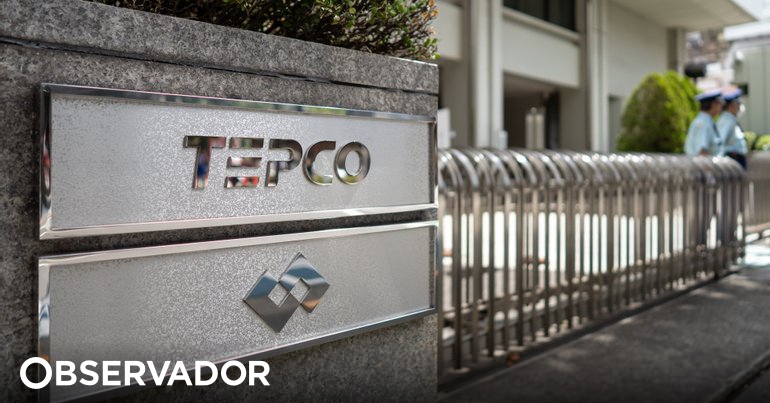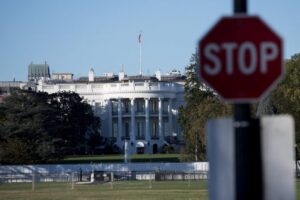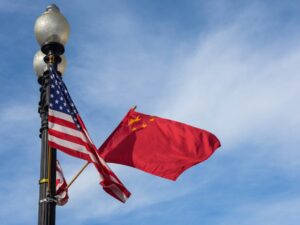
Only the operator of the Fukushima nuclear plant, destroyed by the 2011 tsunami, was held responsible on Tuesday for paying compensation to dozens of people evacuated from the site.
O Tokyo high court reduced the amount of compensation to half of what had been determined by the first instance court e exempted the Government from responsibility. A decision that plaintiffs and lawyers have already criticized for underestimating the suffering caused and the seriousness of the catastrophe.
The court ordered Tokyo Electric Power Company Holdings, known as TEPCO, to payment of a total of 23.5 million yen (149 thousand euros) to 44 of the 47 complainantswithout holding the Japanese executive responsible.
Director of the Fukushima nuclear plant apologizes for underestimating the disaster
Tuesday’s decision is a retreat from a previous ruling in March 2018, in which the Tokyo district court held both the government and TEPCO responsible for the catastrophe.
According to that decision, the accident could have been avoided if both had taken stricter precautionary measures, ordering both to pay 59 million yen (around 374 thousand euros) in compensation.
The latest decision comes as the Japanese government tries to accelerate the start-up of reactors to maximize nuclear energy and meet decarbonization goals, while also seeking to mitigate the impact of the nuclear catastrophe 13 years ago.
Three reactors at the Fukushima Daiichi nuclear power plant melted after a magnitude 9.0 earthquake and tsunami on March 11, 2011, releasing enormous amounts of radiation in the area. More than 160,000 people were evacuated and around 27,000 have not yet been able to return home.
Japan marks 12 years since earthquake, tsunami and Fukushima nuclear accident
The Government has been pushing for the decontamination of affected areas and the reopening of prohibited areas, in addition to urging displaced people to return home, at the same time as it has reduced the support provided.
The compensation program established by the authorities, based mainly on the distance from the plant and radiation levels, caused divisions between communities.
The dispute centers on whether the government could have foreseen the risk of a large tsunami and whether the catastrophe could have been avoided if authorities had ordered the electricity company to take precautions.
In the decision, judge Hiro Misumi stated that the flooding of the plant, resulting from the tsunami, was not avoidable, even though the Ministry of Industry ordered the utility company to reinforce a wall based on an estimate of the tsunami at the time.
Motomitsu Nakagawa, lawyer representing the plaintiffs, stated that the sentence does not take into account the suffering of residents affected by the catastrophe and that the reduction in the amount of compensation is also equivalent to stating that the operator can go unpunished if they only pay that amount.
The lawyer said he planned to discuss a possible appeal to the supreme court after consulting with clients.
Yuya Kamoshita, who was evacuated from his family home in Iwaki, south of the Fukushima Daiichi plant, to Tokyo, noted that the decision is unacceptable because it trivializes the suffering of displaced people and does not hold the government accountable, despite the nuclear plant being explored as part of Japanese energy policy.
Source: https://observador.pt/2023/12/27/operadora-de-central-japonesa-unica-responsavel-por-indemnizar-deslocados-de-fukushima/

